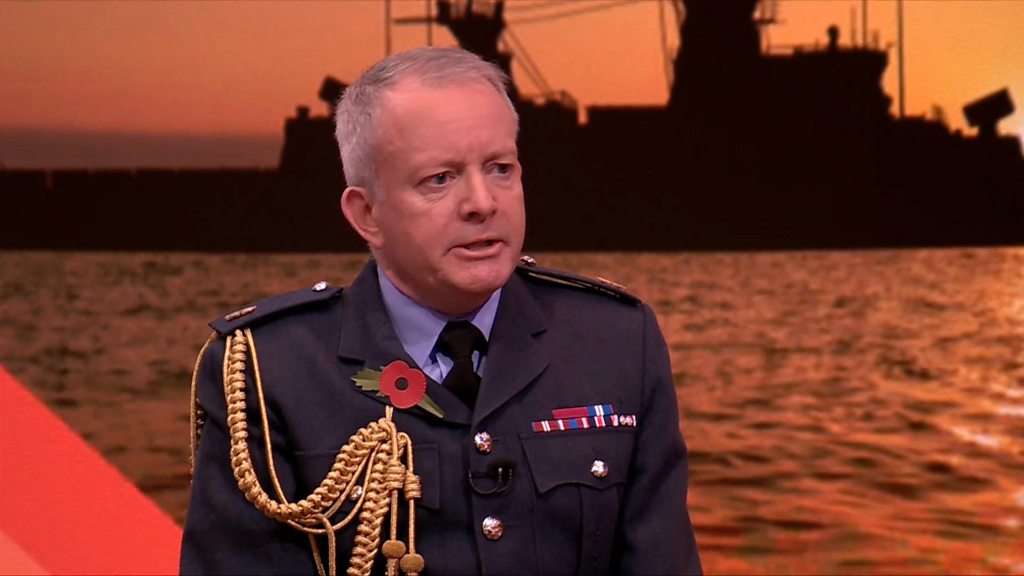
The UK military is sending personnel and equipment to Belgium to strengthen its defences after several drone incursions disrupted airspace. Authorities suspect the drones may have been operated by Russia, though evidence remains inconclusive.
Belgium’s main airport, Zaventem, temporarily closed Thursday night after drones were spotted nearby. Similar sightings occurred at a military base and other locations. The disruptions affected thousands of Brussels Airlines passengers, causing cancellations and diversions.
UK Response and NATO Support
The UK’s new military chief, Sir Richard Knighton, said Belgium’s defence officials requested assistance earlier this week. He confirmed that UK kit and personnel were already being deployed.
“The UK will support Belgium alongside NATO allies by providing our capabilities to secure airspace,” Knighton said. Germany has also pledged anti-drone support after a request from Brussels.
While officials suspect Russian involvement, no public evidence confirms this. Belgian Defence Minister Theo Francken described the drone activity as a “serious threat affecting civilian infrastructure across multiple European countries.”
Security Measures and Monitoring
The incidents follow a series of recent drone sightings across Europe, including Sweden, Norway, and Denmark. Belgium plans to make the National Air Safety Center at Beauvechain Air Base fully operational by January 1 to improve monitoring and protection of its airspace.
Prime Minister Bart De Wever convened emergency talks after the airport closures. Francken noted that some drone activity may be part of a sophisticated spying operation, likely beyond amateur capabilities.
Belgium hosts the EU headquarters and a major financial clearinghouse holding frozen Russian assets. Discussions on using these assets to support Ukraine could increase regional tensions, according to De Wever.
Regional Security Implications
Sir Richard Knighton described Russia as “the most pressing threat to Europe” and cited ongoing hybrid warfare tactics, including sabotage and killings, as reasons for increased vigilance. The UK has previously deployed RAF Typhoon jets over Poland as part of NATO’s eastern flank mission.
The UK government plans to increase defence spending to 2.5% of GDP by 2027, with ambitions to reach 3% in the next parliamentary term. Officials stress that cooperation with NATO allies is crucial in responding to these modern airspace threats.






